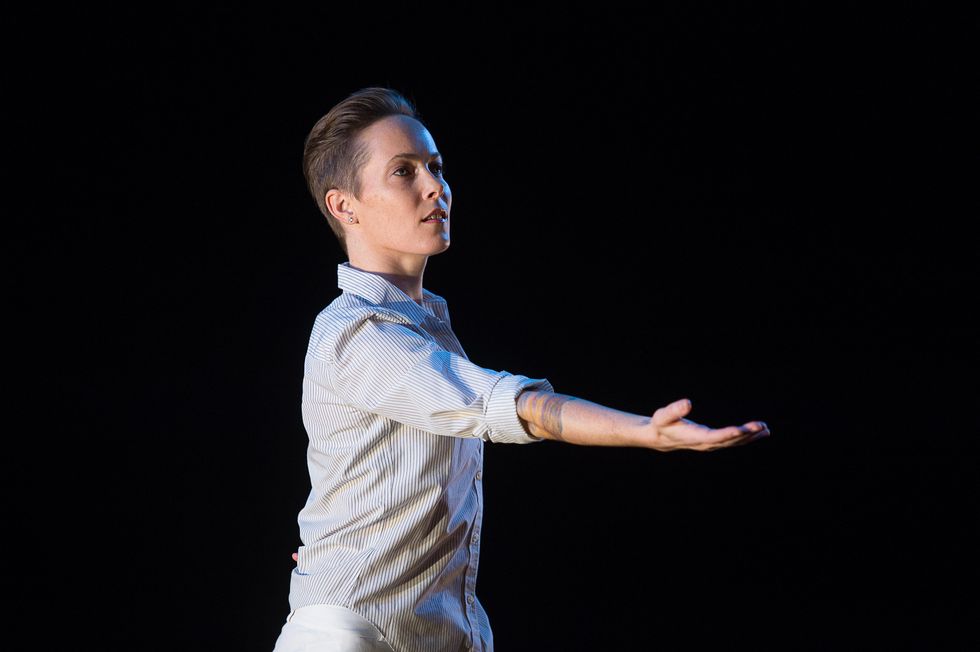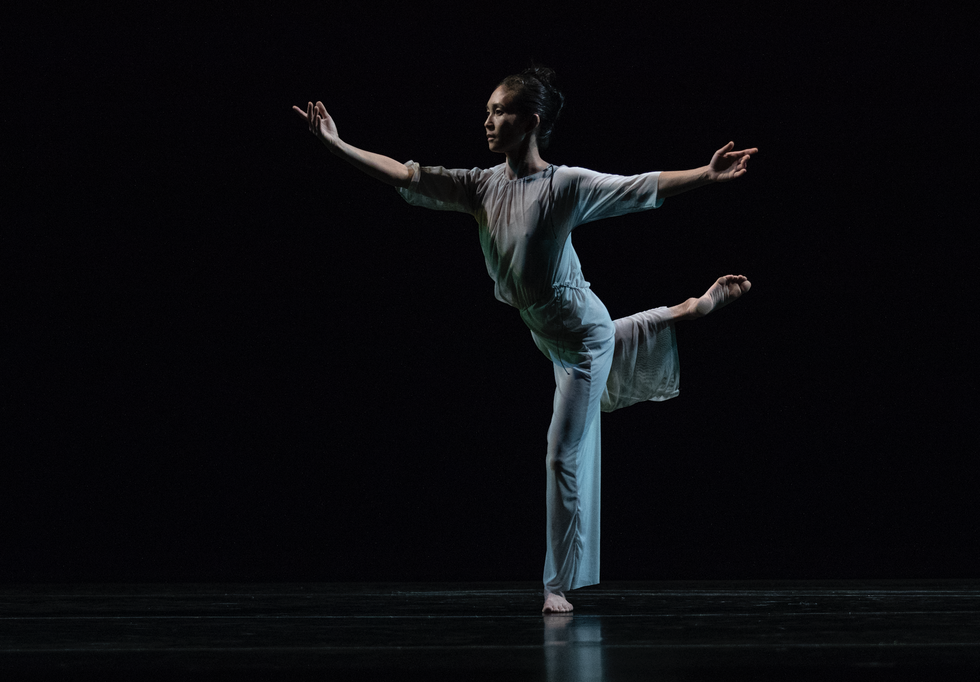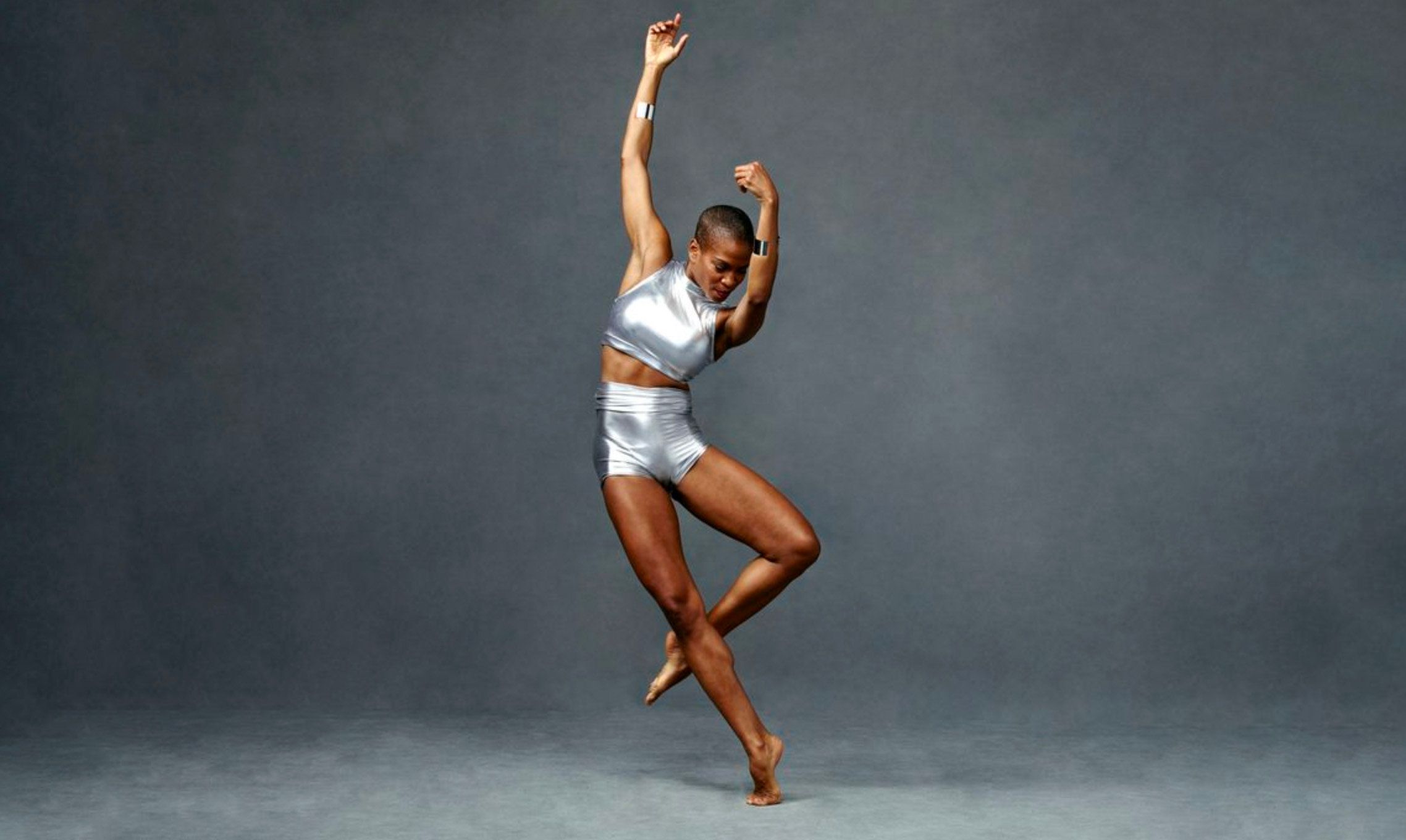These Veteran Dancers Share 5 Lessons for Getting Through an Unplanned Performance Hiatus
The novel coronavirus has brought uncertainty to every generation of dancer, and dancers near 40 are no exception. Dance Magazine spoke with three veteran performers, expecting to hear anxieties about missing important opportunities while their performance clocks ticked down time. Instead, each seemed remarkably optimistic, strategic and quite calm about the current situation, offering insight any dancer could learn from.
Acknowledge the disappointment.
In early 2020, it was nearly impossible to fully comprehend the disruption that this global pandemic would bring to the performing arts world. Maile Okamura, who started her professional career at Boston Ballet II and danced for Mark Morris Dance Group for many years, now performs for Pam Tanowitz Dance and recalls a performance slated for spring at the Barbican Centre in London: “I guess I’m an optimistic person, because I really thought it might still happen! When it was finally canceled in late April, it was really a punch in the gut.”
Having heaps of experience does not make you immune to struggle, especially from a universally unfamiliar global pandemic. “There’s a tremendous amount of disappointment in letting go of what we thought we were going to do,” says Elisa Clark, who also danced for Mark Morris, as well as Alvin Ailey American Dance Theater, The Metropolitan Opera, Lar Lubovitch Dance Company and now Monica Bill Barnes.

Christopher Duggan
Don’t obsess over what you’ve missed
Despite the sense of loss, mature dancers are able to draw on years’ worth of experience to gain perspective on missed opportunities.
Akua Noni Parker was planning to retire from Ailey this season after a career that also included dancing for Dance Theatre of Harlem, Cincinnati Ballet and Ballet San Jose. But she doesn’t dwell on missing her last performance. “What about the other 20 years? I missed out on one performance, does that mean that I have not contributed all this time?”
She points out that in a long career there are always things you didn’t get—a role you love, a job you dreamed of—and if you allow yourself to obsess over that, you won’t be able to move forward and enjoy what you do have.
Remember: You are resilient.
Having been through many chapters in their careers, these dancers are familiar with an indirect storyline that has numerous unplanned plot twists. “I’ve already tried to retire twice,” says Clark. “I thought I was retiring after I danced for Mark Morris and Lar Lubovitch and the Metropolitan Opera. Then, I auditioned for Ailey for the third time and got in.”
Having faced and overcome roadblocks in their past gives these dancers confidence that they can get through this stressful time. “When I feel anxious about the uncertainty,” Clark goes on, “I can look back on the almost 20 years since I graduated college and I’ve always been okay. I’ve found a way to make it work.”

Maile Okamura in Pam Tanowitz’s Four Quartets
Maria Baranova, Courtesy Pam Tanowitz Dance
Appreciate this time.
While an illustrious career is fulfilling, it doesn’t leave much time for other things. So, while it’s difficult to let go of opportunities, these accomplished performers are also grateful for new-found time to invest in other facets of their identities.
For Parker, who plans to further develop her passion for nutritional health after retirement, quarantine has been a time to share her recipes while still taking a variety of classes.
For Okamura, whose husband is usually a touring musician, canceled shows mean a lot more family time, which she’s embracing and appreciating.
Clark has been attending protests nearly every other day since the murder of George Floyd, and describes her current focus as primarily devoted to figuring out, “how I can listen and learn and support and be active.” By this phase, these women are secure in their identities as dancers, which helps them feel okay about somewhat shifting their attention.
Give your body what it needs.
Of course, facing a long hiatus from the studio does come with its own concerns when you’re a mature dancer. As Okamura explains, “When you’re over 40, you’ve got to keep jumping regularly or you’re in trouble!”
However, these concerns are offset by the body wisdom that comes from experience. Parker, who describes herself as a forever “class-taker” and early riser, is glad that virtual classes offer her the chance to dance at an ideal time for her body and schedule.
Rather than feeling rigid about their training, these dancers reflect adaptability. Rehabbing major injuries or simply discovering that their bodies will no longer tolerate certain abuses has required them to constantly evolve their habits, a skill they apply to this current scenario.
And when dancing at home doesn’t feel right, as it hasn’t for Clark, there’s a self-compassion and acceptance that often takes dancers years to develop: “It feels very difficult to stay motivated, but I understand that if I make sure that I do some sort of a physical practice every day, I will feel better after. I feel like right now, if dancing in my apartment is going to add frustration into my mood and my life, or make me feel worse about myself during this time of uncertainty, then I should listen to myself and maybe be a little bit easier on myself.”




